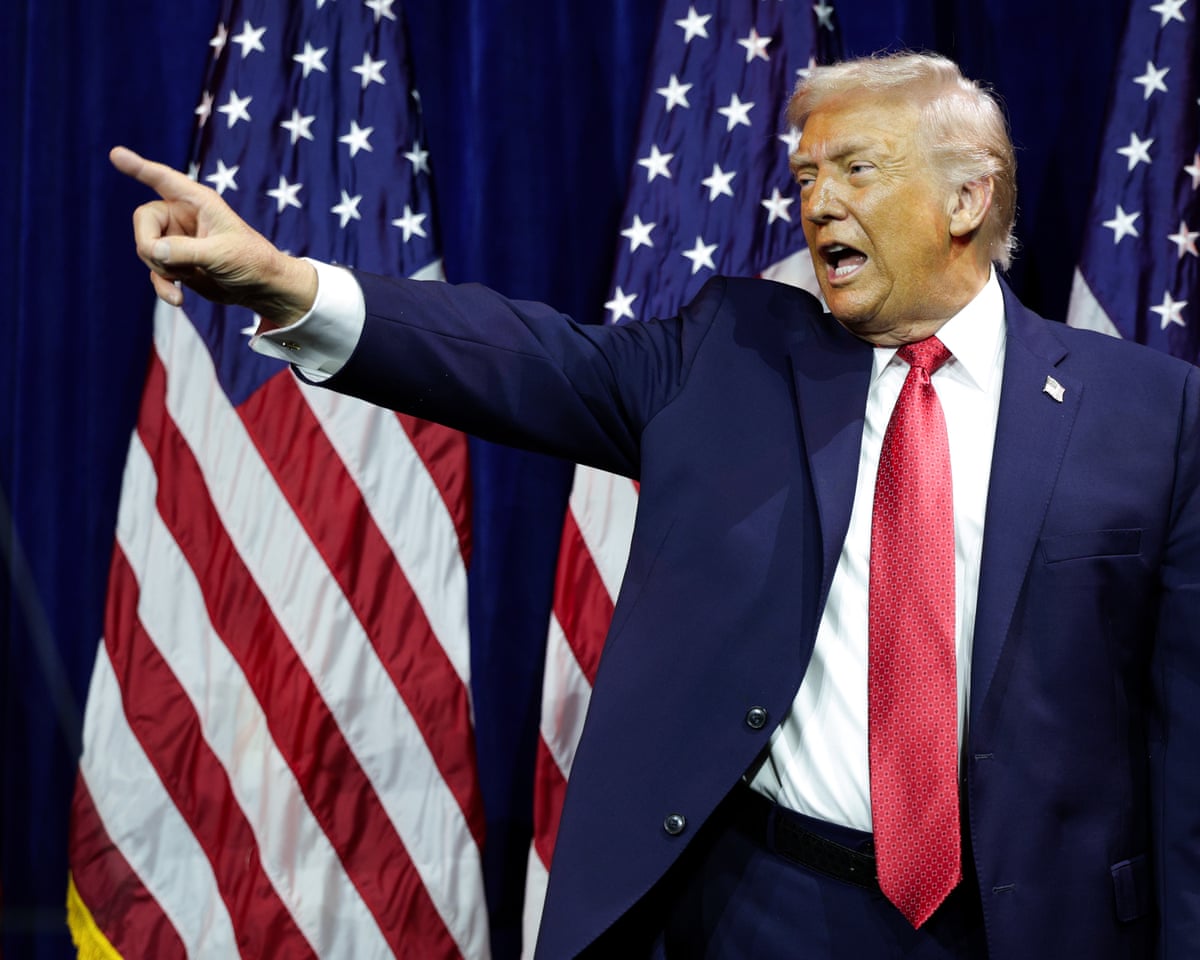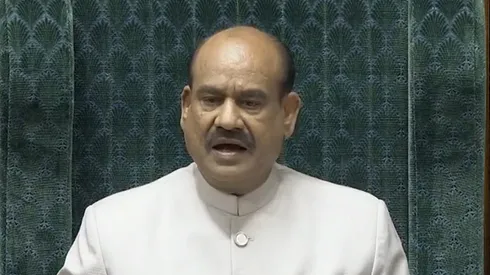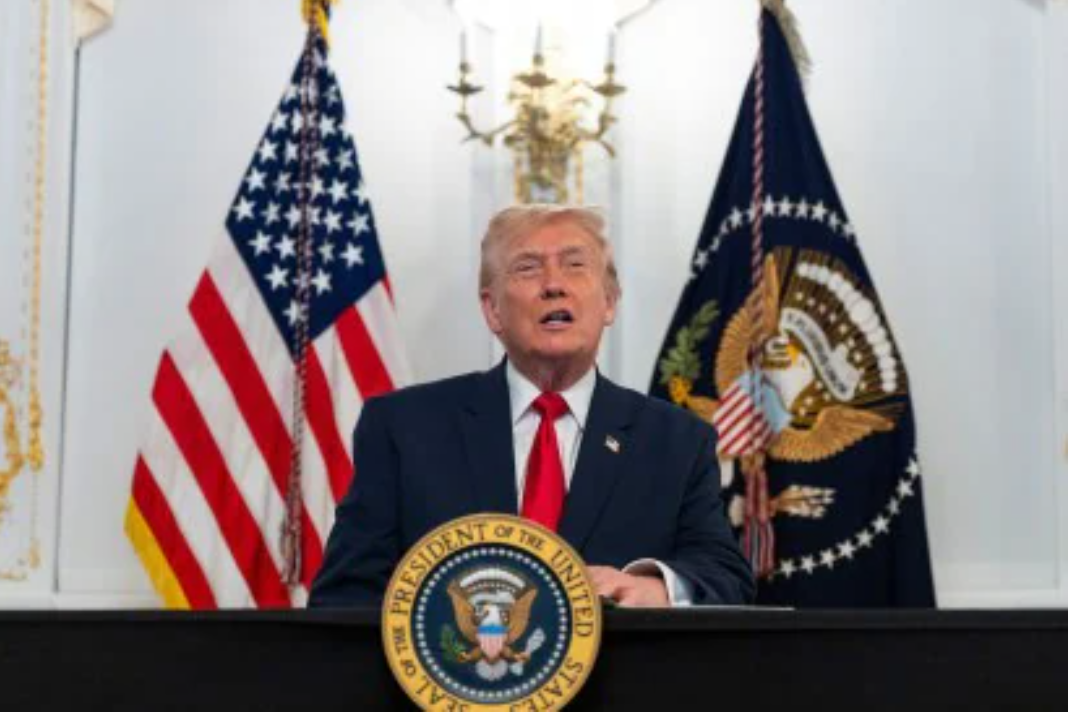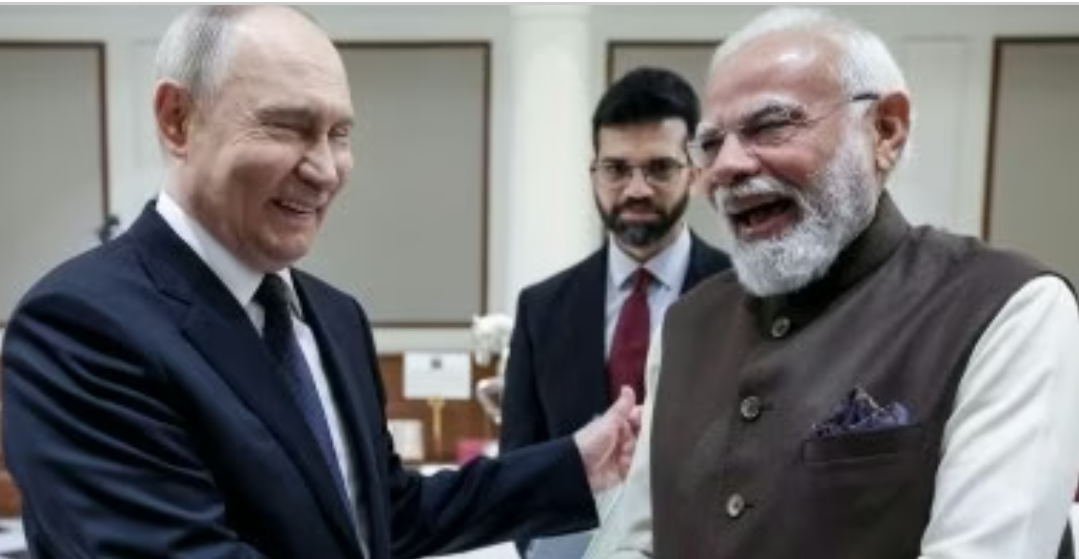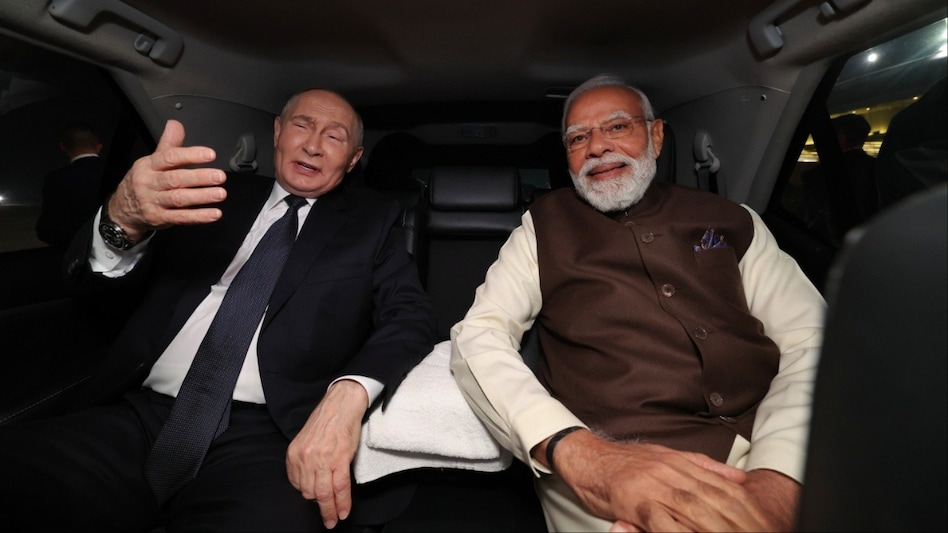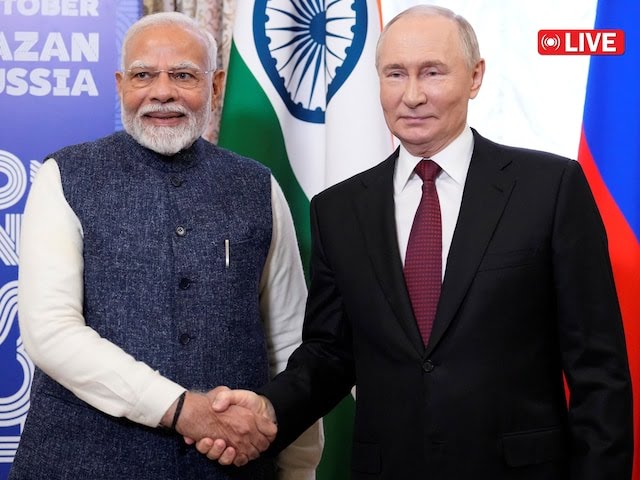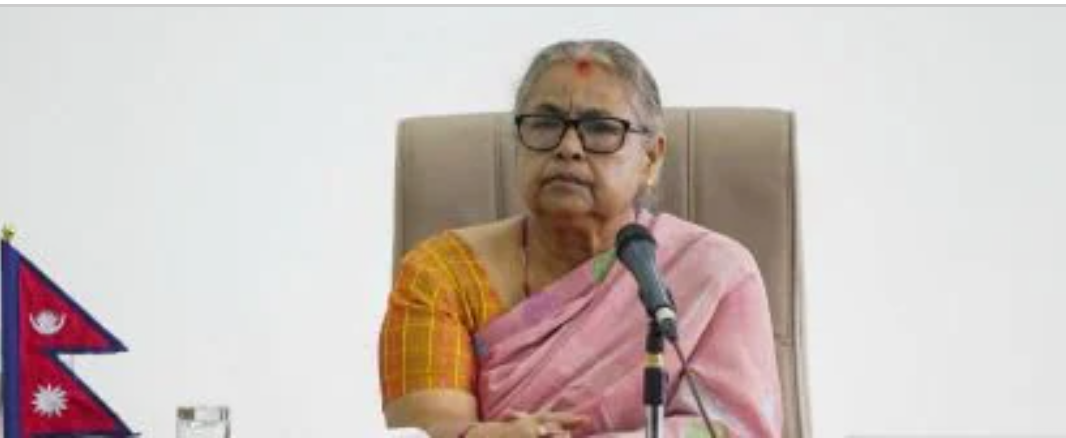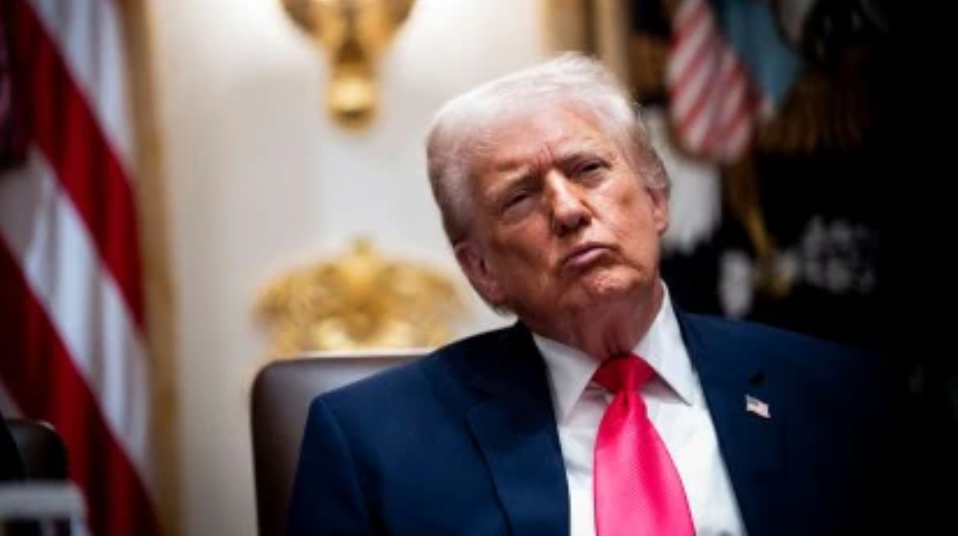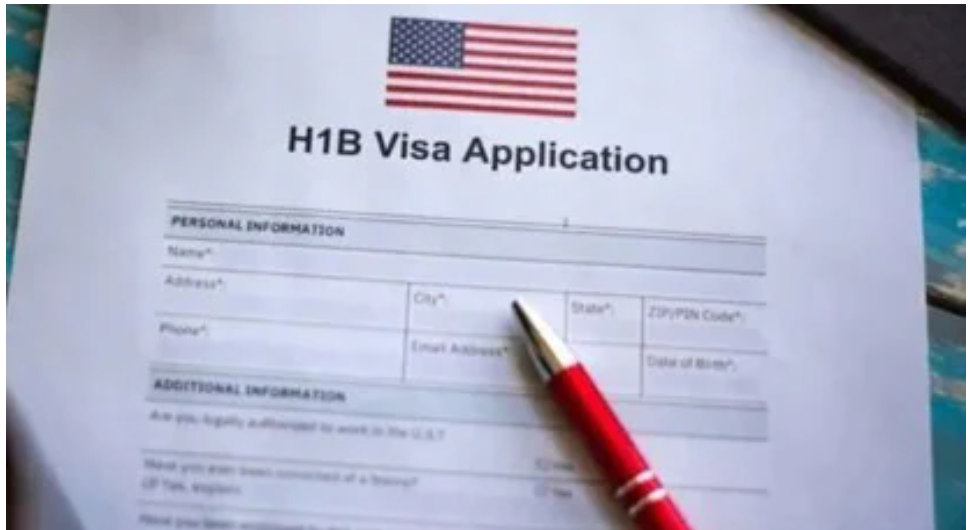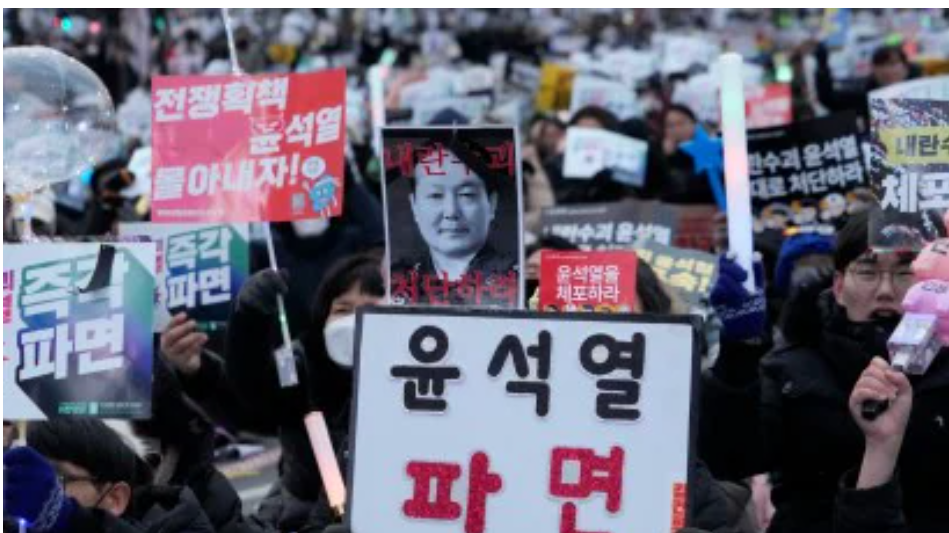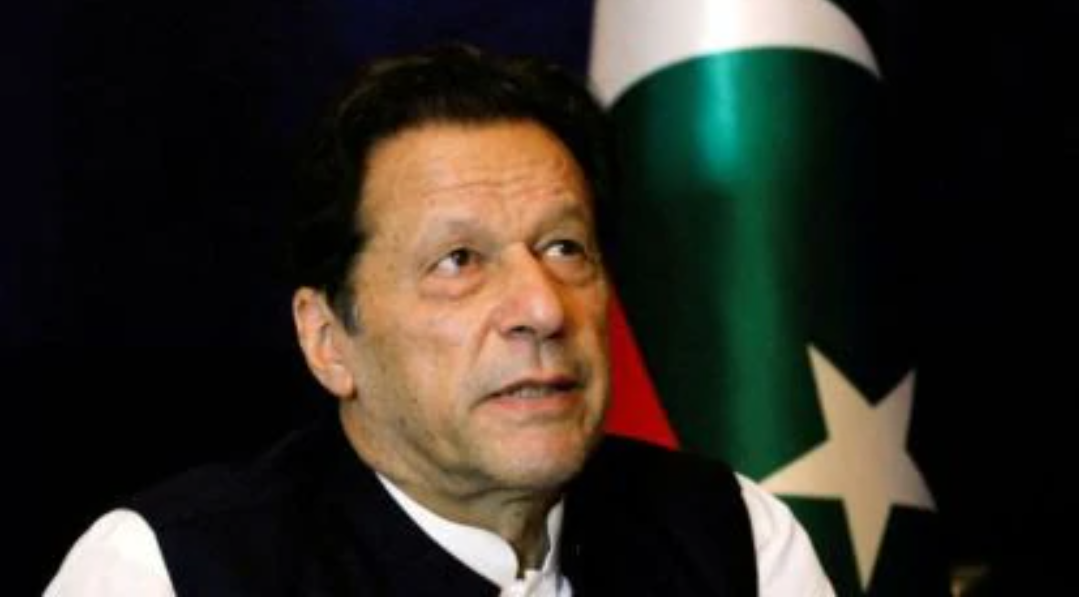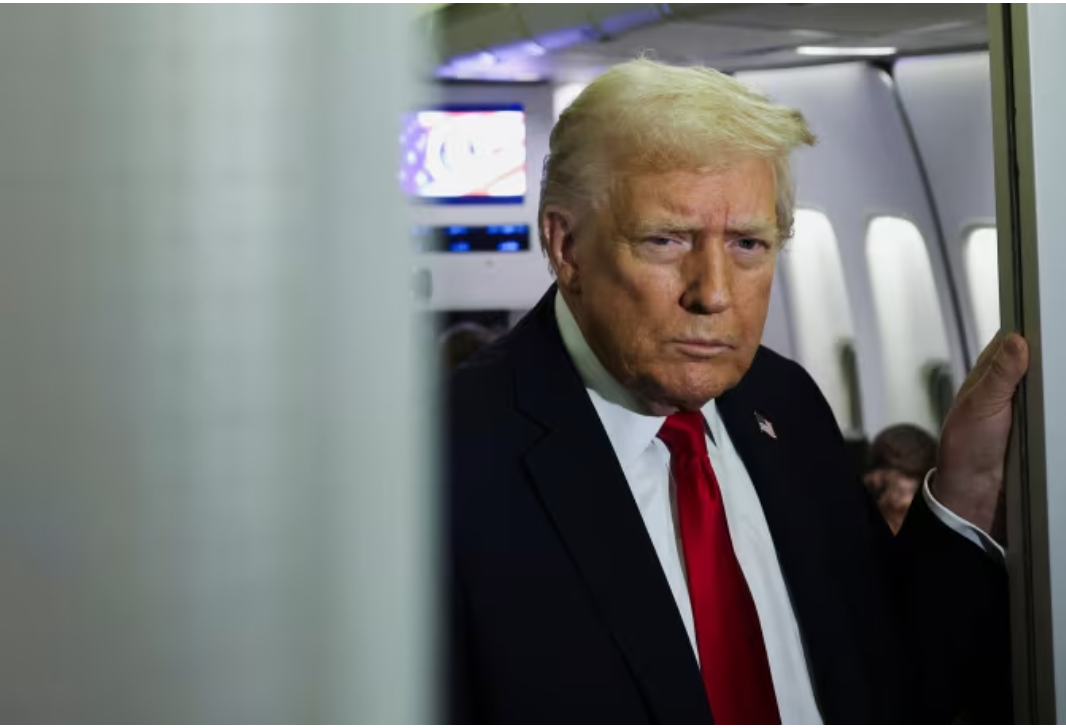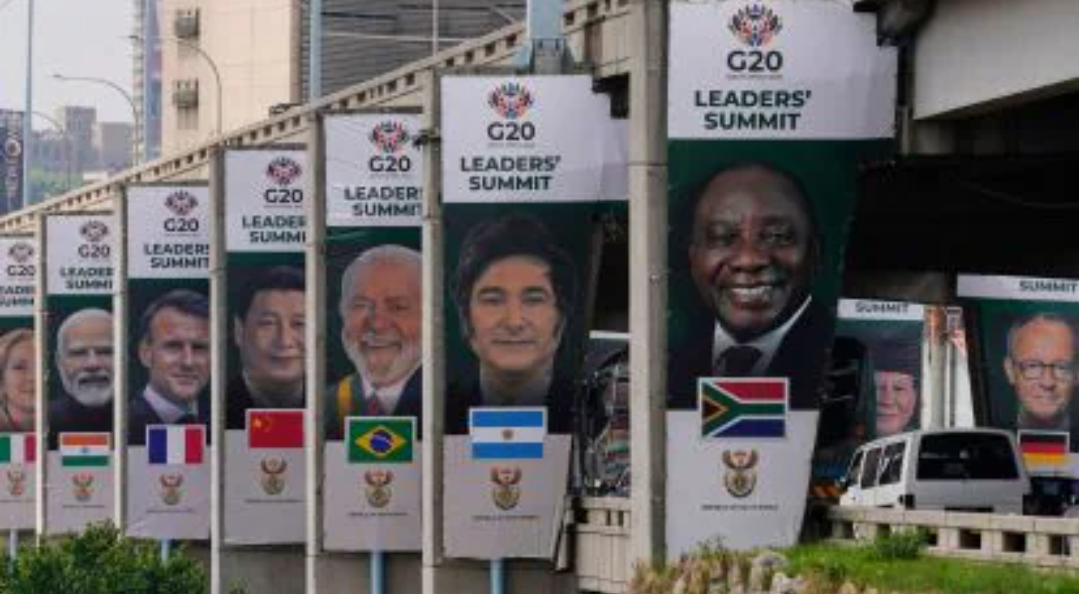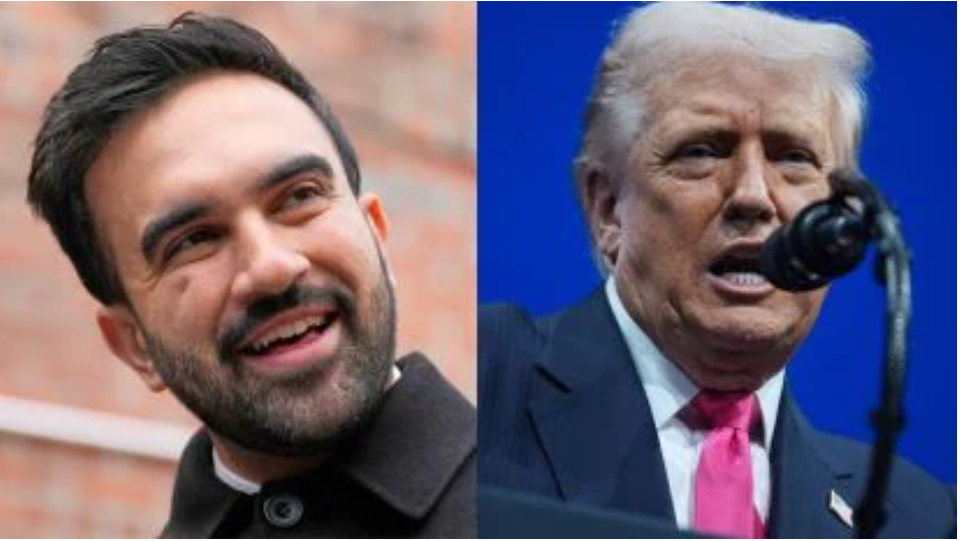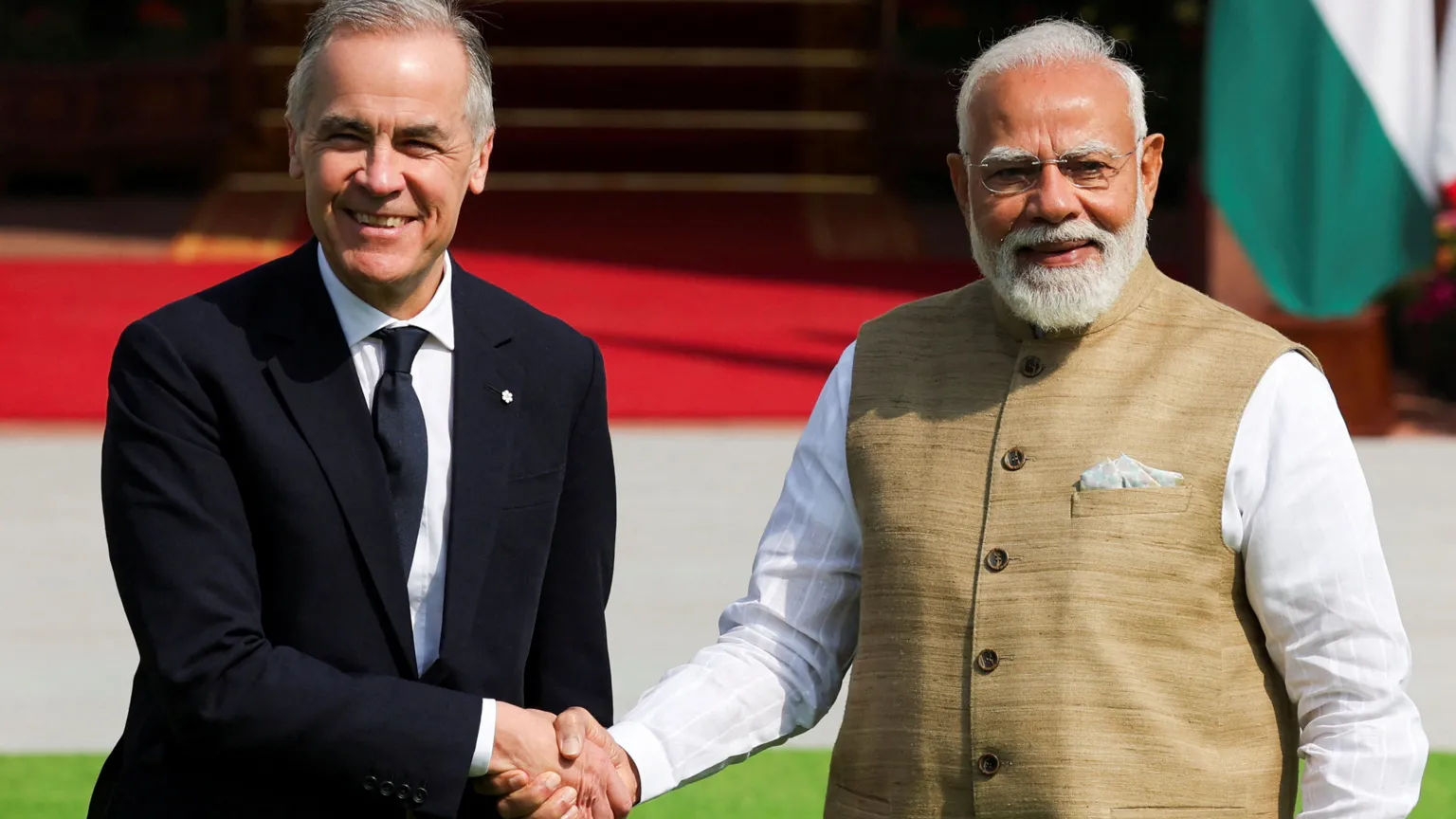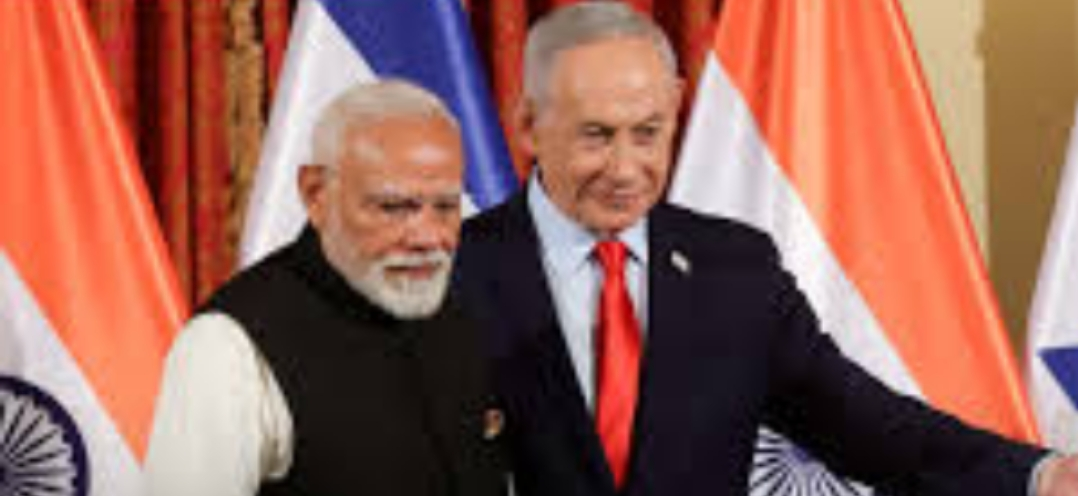By Manisha Sahu | America News World
November 15,2025
In a week marked by diplomatic unease, escalating political rhetoric, and growing labour unrest across sectors, developments from the United States to Bangladesh and Europe underscore a rapidly shifting global political landscape. From debates over election integrity in South Asia to disagreements within the U.S. political right, to the growing strain between allied nations, the world is entering yet another phase of uncertainty driven by political polarization and institutional distrust.

Bangladesh Faces Internal Strain as Muhammad Yunus Confirms Same-Day Election and Referendum
Bangladesh’s caretaker government advisor and Nobel laureate Muhammad Yunus announced that the country will hold its parliamentary elections and a constitutional referendum on the same day — a move that immediately drew sharp criticism from the Awami League, the nation’s largest political party and itself embroiled in months of protests.
The Awami League, which has accused the interim administration of undermining the democratic process, warned that combining the two exercises could “confuse voters and dilute accountability.” Party representatives argue that a referendum on sweeping constitutional reforms — which could alter executive powers and restructure key state institutions — should not be rushed or merged with a national election.
Yunus defended the decision, stating that Bangladesh “cannot afford prolonged political instability” and that a single, unified voting day would reduce logistical burdens and ensure greater voter participation. However, with protests growing and international observers expressing concern about transparency, Bangladesh’s political direction remains uncertain.
Trump Urges DOJ to Investigate Epstein–Clinton Links
In the United States, former President Donald Trump stirred controversy once again by urging the Justice Department to reopen investigations into the late financier and convicted sex offender Jeffrey Epstein, specifically demanding scrutiny of Epstein’s alleged connections with former President Bill Clinton and “many other people and institutions.”
The move deepened already-existing political divisions, with Trump’s critics accusing him of attempting to weaponize federal institutions for political gain as the 2026 election cycle approaches. Supporters, however, claim that Trump is insisting on transparency in a case long clouded by secrecy, powerful links, and public speculation.
The debate took another twist after recently surfaced email exchanges revealed Epstein making disparaging remarks about Trump, allegedly saying, “The world does not understand how dumb he really is.” These private messages, reportedly sent years before Epstein’s death, have reignited arguments about how deeply Epstein’s social and political networks extended and how much influence he wielded across elite circles.
Zohran Mamdani’s Transition Team Draws 50,000 Applicants
In New York, newly elected political star Zohran Mamdani continues to make headlines as his transition team attracted more than 50,000 job applicants — an unprecedented number for any local political office. Mamdani described the surge as the result of a “movement built by and for New Yorkers,” attributing the overwhelming response to widespread enthusiasm for progressive change within the city.
Mamdani’s supporters say the numbers reflect a shift toward grassroots-driven governance, while critics question whether his administration will be able to translate activist energy into effective policymaking. Still, the sheer volume of applicants highlights the growing cultural and political influence of progressive figures in American urban politics.
UK Suspends Some Intelligence Sharing with U.S. Over Caribbean Boat Strike Concerns
Across the Atlantic, tensions emerged between the United States and the United Kingdom after the UK quietly suspended certain intelligence-sharing arrangements linked to U.S. operations in the Caribbean Sea. British officials expressed alarm following a reported American boat strike that resulted in civilian casualties, prompting questions about whether the operation violated international law.
France added to the criticism, stating that U.S. military actions in the region “breached established international norms” and demanded clarity over command protocols. While the U.S. has defended its operations as necessary for regional security, European allies argue that such actions risk igniting diplomatic fallout and damaging long-standing trust.
The incident underscores a deeper challenge: even among allies, military cooperation can become strained when rules of engagement or operational transparency come into question.
Marjorie Taylor Greene Attacks Trump Over H-1B and Student Visa Remarks
In another flashpoint inside American politics, Congresswoman Marjorie Taylor Greene, once one of Trump’s fiercest defenders, launched a blistering attack against him over his recent remarks on H-1B visas and international students. Trump’s comments criticizing visa programs for allegedly “undercutting American workers” were met with Greene’s retort that America should stand for “America first and America only.”
The clash highlights growing fractures within the Republican Party as debates over immigration, labor, and economic policy intensify. Analysts say Greene’s latest remarks suggest she is positioning herself as a leading voice for hardline nationalist conservatives — even when it means confronting Trump directly.
Labour Unrest Continues as Fourth Union Strike Hits Retail Giant
Amid political upheavals, U.S. domestic labour tensions continue to rise. A major retail-chain union launched its fourth strike since 2023, and its third since CEO Brian Niccol assumed leadership in 2024. Last year’s strike forced around 60 stores to temporarily shut down, and this year’s demonstrations appear even more coordinated.
Workers accuse the company of “systematically undermining unionized stores,” pointing to the recent closure of hundreds of outlets nationwide, including 59 unionized locations that reportedly shut with “minimal notice.” Union leaders claim these closures are retaliatory in nature, though the company denies this, citing economic pressures and restructuring needs.
Experts say expanding labour disputes reflect a deeper national debate over workers’ rights, wages, and corporate responsibility — themes likely to grow louder as the U.S. economy continues to grapple with inflation and uneven wage growth.
A World in Transition
From Bangladesh’s delicate political crossroads to growing divisions within the U.S. and its closest allies, the global landscape is shifting rapidly. Leaders face intensifying scrutiny, citizens demand greater transparency, and institutions — from intelligence networks to corporate giants — are being pushed to justify their decisions more publicly than ever before.
Whether unfolding in Washington, Dhaka, London, or New York, these stories reveal a common thread: democratic processes, alliances, and systems of governance are undergoing serious tests. The coming months will determine whether nations can adapt to these pressures or whether these tensions will deepen into long-lasting fractures.
Discover more from AMERICA NEWS WORLD
Subscribe to get the latest posts sent to your email.


